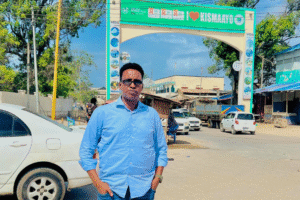
The Intimate Relationship Between the Mogadishu Book Fair and My Home Library
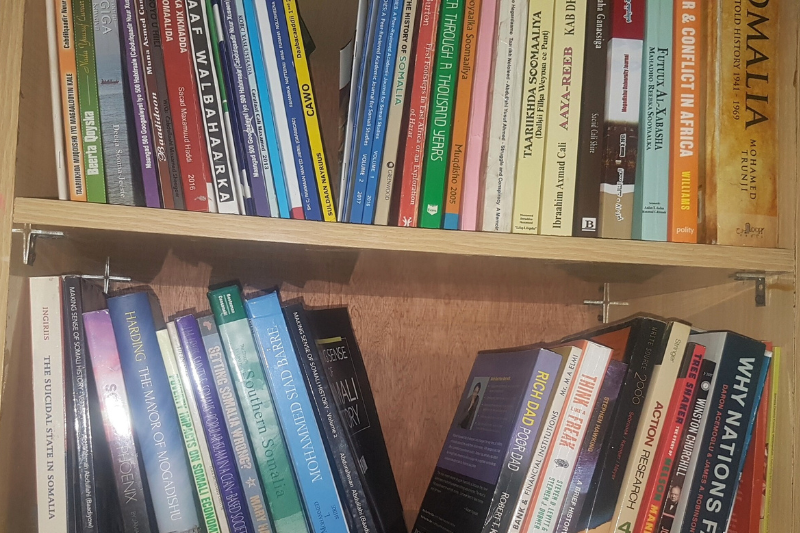
Somalia’s education institutions including the national library were totally destroyed after the state collapse in 1991. Years of destruction, anarchy, lawlessness, and protracted conflicts followed. The situation was arduous and libraries and books could hardly come to mind.
My generation never saw a functioning Somali government and or visited the country’s reading and literature centers. Many from my generation were, however, lucky enough to have access to primary and secondary schools supported mainly by Muslim and Arab charity organizations, which opened in the country after the state collapsed.
Our situation was a very different experience to that of our peers in peaceful and stable countries, but many of us were still committed to study hard and work towards a brighter future.
The first library I ever visited was one that had been established by a returned diaspora in Beledweyne. I was a secondary school student. There were some academic textbooks at the library that students like me could read. I used to visit the library on Thursdays to read. It was a unique place in the city. It had a reading space, office, and librarians. The library would offer pens and A4 paper for those of us who didn’t have them.
Later, when I moved to Mogadishu and started my university studies, I couldn’t find a library in the city. Access to books was again a challenge despite Mogadishu being the capital and the most populous city in the country. University textbooks were the only books I could find. I used to ask friends if they could lend me books to read. But I had the passion to read, and dreamed of having my own library in the future.
The Mogadishu Book Fair was first launched in 2015; – the same year I established my own library. By early 2015, most of the books on the shelves were my university textbooks. The Fair brought together authors, readers, and publishers. Hundreds of books were displayed. It was the first time I had the opportunity to buy some important books and expand my library. I put aside a small budget for the Fair, and dozens of books were added to my shelves that year.
Each of the four years that the Mogadishu Book Fair was convened in Mogadishu (including this year), new books joined my library. This year, I had the opportunity to buy eight books including the Making Sense of Somali History (second volume) by Dr. Abdirahman Badiyow; Mogadishu Memoir by Hassan Abukar; War and Conflict in Africa by Paul D. Williams; and the Why Nations Fail by Daron Acemoglu and James Robinson to name a few. What is also important that would not be possible without the Mogadishu Book Fair is that several books in my shelves were autographed by the authors.
Furthermore, the Mogadishu Book Fair is a major source of my Somali studies books. I have the interest and passion to read books about Somalia history, governance, security, culture and socio-economy. The Mogadishu Book Fair has been my main source of access to these books. In just four years, close to 40 books sold from the publishers at the Mogadishu Book Fair have been added to my small but growing library. These books filled me with knowledge and nurtured my mind. University students have started to borrow some books from me for reading, an opportunity that I did not get when I was an undergraduate student.
It is these kinds of platforms that the Somalia’s youth has been yearning for years. And for someone like me who struggled to get access to books to read, it is one of the most important occasions of each year.
The Mogadishu Book Fair could be an opportunity to socialize, meet scholars, and get inspirations, and exhibit books for many participants. But it is a goldmine occasion for me and for my library to access books.
Mahad Wasuge
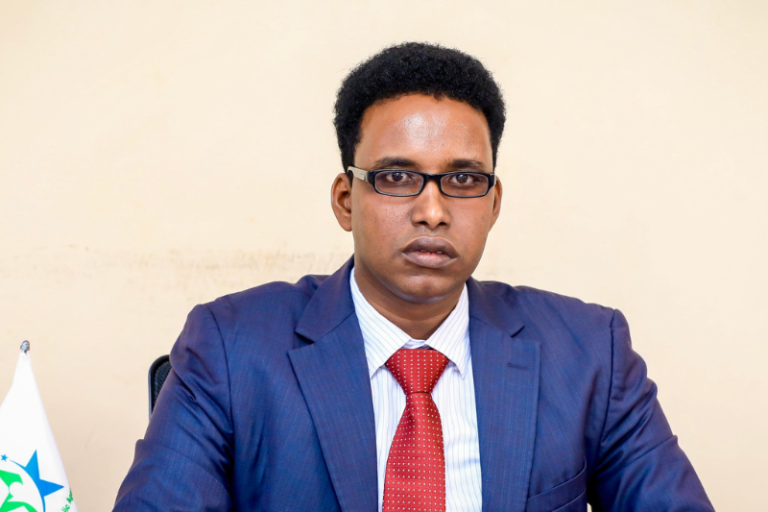
Mahad Wasuge
Is a researcher, teacher, podcaster and blogger. His work over the last decade has focused on teaching and researching governance, justice and social services in Somalia.
Popular Posts

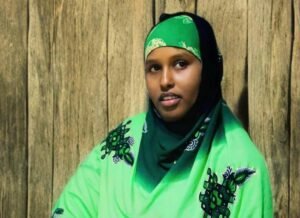
A Tribute to My Beloved Sister, Fowsiya
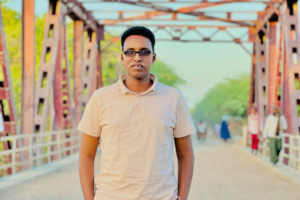
Memories and a Sense of Belonging in Buuloburte
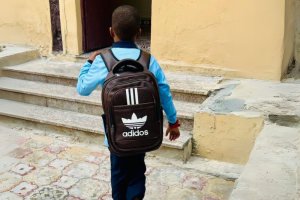
A Letter to My Son Who Starts School

The Teachings of Passing Time: Reflections on Life’s Journey

Tribute to my late brother Abdikarim Abdullahi
More Posts

Two Weeks in Arusha: Lessons in Leadership and Life

Kismayo: A City of Hope Amidst Political Tensions
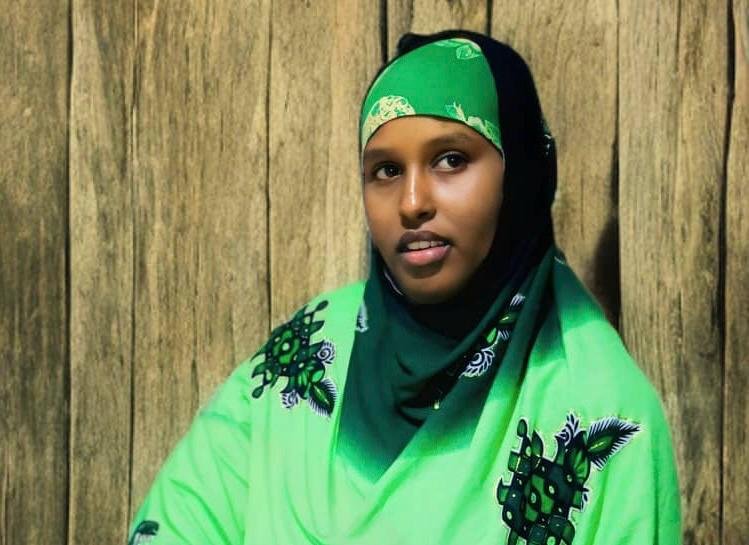
A Tribute to My Beloved Sister, Fowsiya
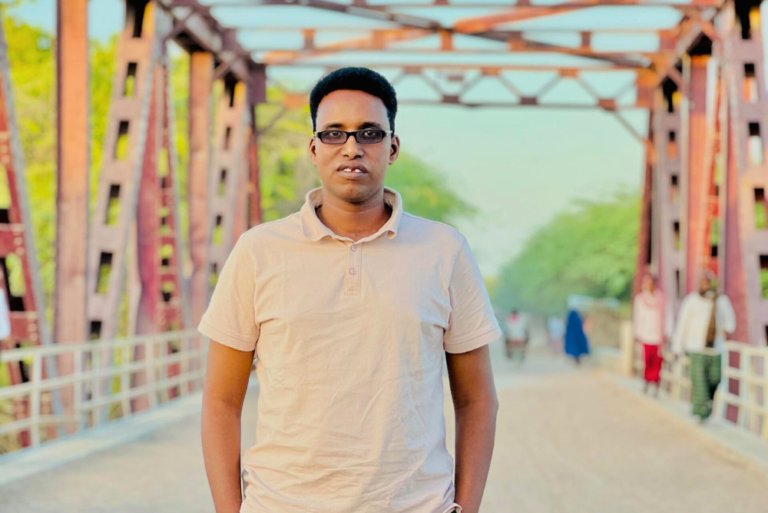

One Response
[…] Mahad said, he has been expanding his modest personal library at the fair. This year alone, Mahad said, he bought eight books there, bringing the total number of books from the fair to […]